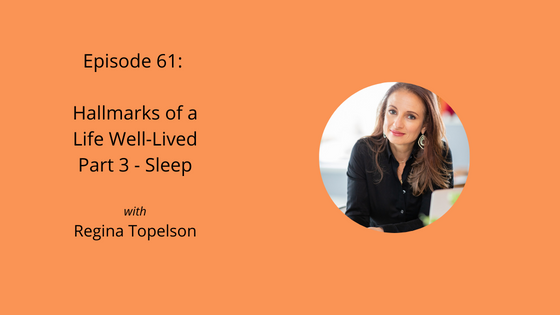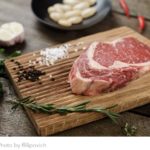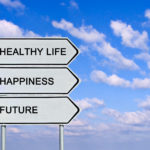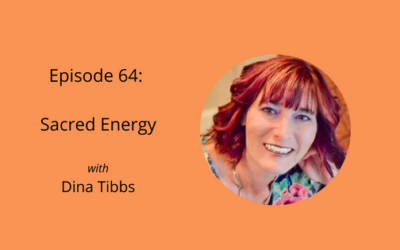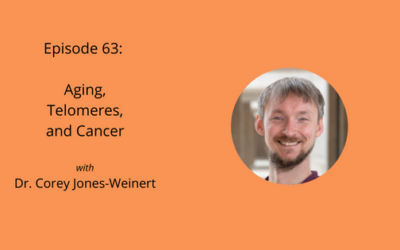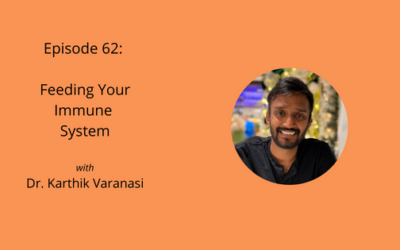Ahhhh, sleep. We chase it, we crave it, and it manages to elude us.
The most fascinating book I’ve ever read on this topic is by Matthew Walker, a Ph.D. in sleep science at the University of CA, Berkeley. In his book, he addresses the history of sleep and why we need it. But also, all the things that can happen when we’re sleep-deprived.
Now you probably already know some of these things. For example, you’re less productive, not as focused, more irritable, and less able to handle problems when sleep-deprived. But there is so much more!
You can’t live if you don’t sleep!
You can survive three weeks without food, three days without water, and only 11 days without sleep.
We like to boast that we can do so much – be more productive, function better, reason better, etc… on very little sleep. But the truth is that everything is comprised when we are sleep deprived. Your ability to make decisions, your reaction time (especially important when driving), even your choices of what to eat are affected by lack of sleep. Weight is another thing affected by lack of sleep, due to both choice of foods and your body’s ability to process and assimilate those nutrients. And usually, when we’re sleep deprived, we’re not reaching for the high-nutrient foods, we’re reaching for high-sugar foods to give us energy.
Some things to know about sleep.
It is a physiological need. As I mentioned, you couldn’t survive more than 11 days without sleep. When you sleep, your body is in repair mode. Including your brain. Your brain goes through successive cycles of rapid eye movement (REM) and non-rapid eye movement (NREM).
These cycles last for a different amount of time per cycle and you can’t make up for missing a part of the cycle.
During sleep your brain shrinks just enough to allow cerebrospinal fluid to flow through and for your brain cells (neurons) to exchange cellular “trash” with the nutrients it needs. The chemicals then travel through the cerebrospinal fluid into the lymph and eventually excreted. Fascinating right?!
Your sleep / wake cycle is tied to your circadian rhythm. Meaning when it’s light out it’s time to wake up, when it starts getting dark out more melatonin is produced in your body and you start to feel tired. The invention of the light bulb made it possible to stay up longer and the invention of the computer, iPAD, iPhone, etc… made it almost impossible to fall asleep. But eventually your body produces enough of the sleep-inducing chemical, adenosine, and trying to stay up longer will only allow more of those it to accumulate and at some point, you will have to go to sleep as that is the only way to alleviate the build-up of adenosine.
Your body temperature fluctuates during the night. As the night approaches your body temperature drops making you drowsy. Your warmest temperature occurs two hours before you awake.
When you sleep, you make sense of things and figure out solutions to problems occurring in your life. My favorite story from Dr. Walker’s book was the one of how Mendeleev spent three days trying to figure out the period table of elements and finally went to sleep out of frustration of not being able to figure it out. And it came to him in his sleep! Similarly, memory is also improved by obtaining a good night’s rest.
Sleep is important for learning. When you sleep, you make connections to previously learned information and assimilate and store it in ways that make it easily accessible later on when you need to use that information.
But as you age, the ability to sleep well changes.
If you’re having trouble sleeping some things to consider are blood sugar fluctuations, thyroid problems, psychological factors (things weighing on your mind), medications or supplements that disrupt sleep, a poor sleep routine, caffeine or alcohol consumption, and sleep disorders.
I’ve talked about this many times, that drinking alcohol as a night cap can help get you to sleep but will ultimately disrupt your sleep as the alcohol wears off.
What about naps?
Short naps early in the afternoon can be helpful and even restorative during the day. And may be absolutely necessary as we age. However, naps taken too late in the afternoon can hinder your ability to sleep at night.
Is nutrition related to how well you sleep?
It turns out what you eat does play a role in how well you sleep. We’ve known for quite some time that poor sleep affects what you eat. But as of earlier this year, there is new research coming to light about how what you eat affects how well you sleep.
It’s best to eat your last meal at least three hours before going to bed. This gives your body time to digest your meal.
It’s good to have protein in that meal to keep blood sugar stable throughout the night and keep you satiated.
If you need something before bed, it’s best to have a small snack rather than another big meal.
What are some foods that can help you sleep?
Foods that increase the amino acid tryptophan (think about how you feel after a big Thanksgiving meal) are good choices and can be found in nuts, seeds, bananas, honey, eggs, and milk. Magnesium, a mineral, can also be helpful to getting restful sleep by making you calmer. Almonds and bananas are good sources of magnesium, as well as pumpkin seeds. Cherries may boost melatonin, chamomile and lavender tea may help with relaxation.
Things not to do before bed.
Don’t drink alcohol, caffeine, or fill up on lots of water. Doing so may mean having to get up to use the bathroom and hence, disrupt your sleep. Exercising too close to bedtime may get you fired up and prevent you from falling asleep. Using electronics, with the blue light, may keep you from falling asleep as well.
Matthew Walker’s 12 Tips for Healthy Sleep
- Stick to a sleep schedule. Go to bed and wake up at the same time each day.
- Exercise 30 minutes each day. At least 2-3 hours before bedtime.
- Avoid caffeine and nicotine.
- Avoid alcoholic drinks before bed.
- Avoid large meals and beverages before bed.
- Avoid medicines that delay or disrupt sleep patterns.
- Don’t take naps after 3 pm.
- Do something relaxing before bed. Reading a book is a better option than watching tv. Tough I’ve fallen asleep doing both.
- Take a hot bath or shower before bed. This always helps me relax.
- Have a dark, cool, and gadget-free bedroom.
- Have the right sunlight exposure. Wake up with the sun or make sure to get early morning light exposure.
- Don’t lie in bed awake. Get up and do something relaxing. Reading a book, the dictionary, or a legal document may be good options.
Here are some of my favorite moments from this episode:
- 1:52 Why We Sleep (by Matthew Walker, Ph.D.)
- 2:43 Things affected by lack of sleep.
- 4:02 Things to know about sleep.
- 9:55 Reasons you might not sleep well.
- 12:30 Nutrition and sleep.
- 15:15 Things not to do before bed.
- 16:22 Recommendations for healthy sleep.
Links mentioned in this episode:
- Why We Sleep by Matthew Walker, PhD
Subscribe & Review in iTunes
Not subscribed to the podcast yet? Subscribe today so you don’t miss out on upcoming new content! Trust me, this is stuff you’re not gonna wanna miss! Don’t know how to review a podcast? Check out this article I wrote about rating and reviewing a podcast.
Want more?
If you’re stressed about what to eat check out episode 34 with Cathy Leman, RD, or episode 35 where I talk about food rules vs. food values. Episode 19 and episode 30 were about balancing components of an anti-cancer lifestyle. Episodes 25, 31, and 32 were about helping you find ways to heal your soul through Reiki and healing touch, writing, and art therapy. Funny episode 16 with Dr. Shari Fox.
Spread the love!
Share this blog, podcast, or email musings with your friends and family.
